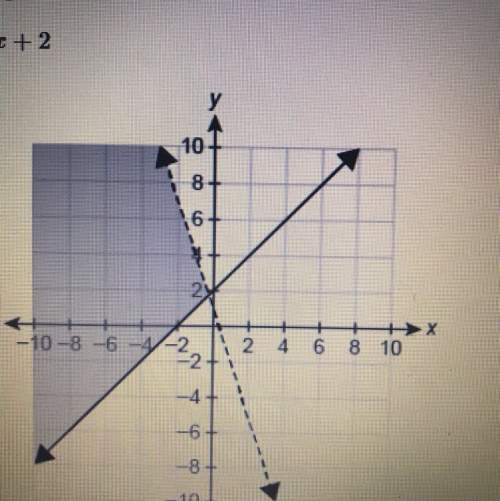
Mathematics, 11.07.2019 22:20 lealaslee858
Find the derivative of the summation from n equals 0 to infinity of the quotient of the product of negative 1 raised to the nth power and x raised to the quantity 3 times n plus 1 power and the product of 2 to the 3 times n power and the cube of n factorial . write your answer as a summation with lower limit of summation equal to 0.

Answers: 3


Other questions on the subject: Mathematics

Mathematics, 21.06.2019 17:30, muhammadcorley123456
Miranda is braiding her hair. then she will attach beads to the braid. she wants 1_3 of the beads to be red. if the greatest number of beads that will fit on the braid is 12,what other fractions could represent the part of the beads that are red?
Answers: 3


Mathematics, 21.06.2019 19:10, cottoncandy465
Asystem of equations has 1 solution. if 4x-y=5 is one of the equations , which could be the other equation ?
Answers: 1
You know the right answer?
Find the derivative of the summation from n equals 0 to infinity of the quotient of the product of n...
Questions in other subjects:


Biology, 24.01.2021 22:10


History, 24.01.2021 22:10

Mathematics, 24.01.2021 22:10

Health, 24.01.2021 22:10

History, 24.01.2021 22:10



Mathematics, 24.01.2021 22:20




